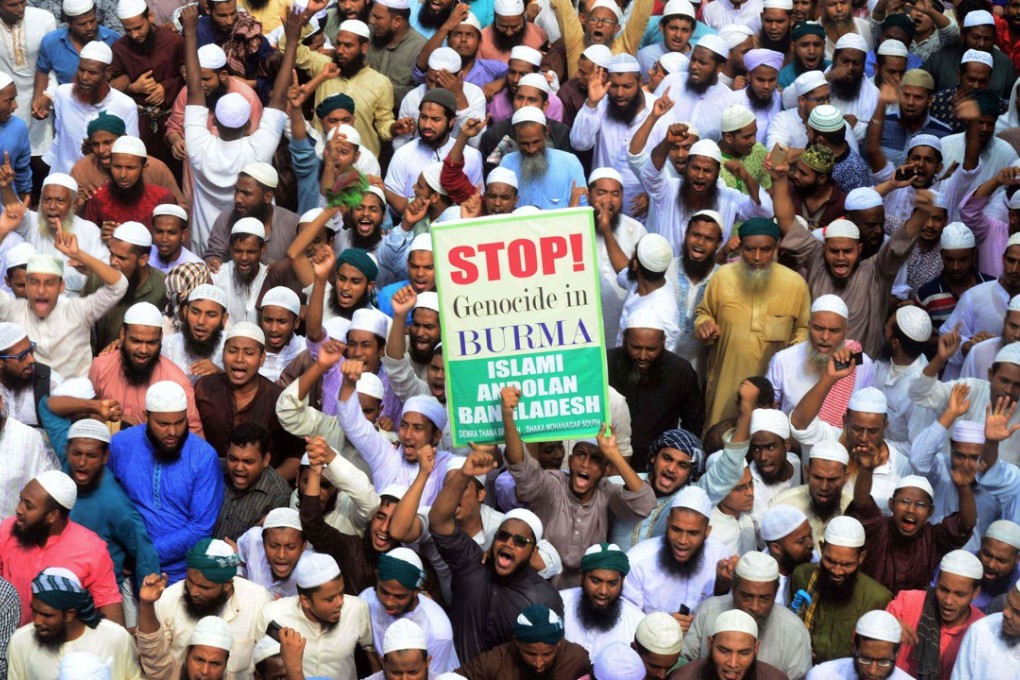Why the Rohingya? Myanmar’s ethnic cleansing is driven by an irrational fear of Muslims becoming the majority
Gwynne Dyer says mistreatment of ethnic and religious minorities is not uncommon in Myanmar, but the ethnic cleansing of the Rohingya Muslims is driven by a unique anti-Muslim paranoia

Less than two-thirds of Myanmar’s 51.4 million people are ethnic Burmese, and almost all the other groups have rebelled from time to time because they have no autonomy. Indeed, the original military takeover in 1962 occurred to stop an elected civilian leader from creating a federal state where the minorities would have some control over their own affairs. But the 1.1 million Rohingya are special, because they are almost all Muslim.
The other minorities are all Buddhist, at least in theory, and the army only kills enough of them to quell their revolts. The Rohingya never revolted, but Muslims are feared and reviled by the Burmese majority. Now the army claims that the Rohingya are all recent immigrants from Bangladesh, and is trying to drive them out of the country.
The ancestors of the Rohingya migrated from what is now Bangladesh between the 14th and 18th centuries and settled in the Rakhine (Arakan) region of Myanmar. They were mostly poor farmers, just like their Buddhist neighbours, and their right to citizenship was unquestioned until the military seized power in 1962. Since then, they have been treated as aliens and enemies.
The ultra-nationalist military regime launched its first open attacks on the Rohingya in 1978 and drove some 200,000 across the border into Bangladesh, in a campaign marked by widespread killings, mass rape and the destruction of mosques. Even then, their civilian Buddhist neighbours in Rakhine helped in the attacks.
‘Textbook ethnic cleansing’: UN human rights chief slams Myanmar over Rohingya violence and calls for investigation
The Rohingyas’ citizenship was revoked in 1982, and other new laws forbade them to travel without official permission, banned them from owning land, and required newly married couples to sign a commitment to have no more than two children. Another military campaign drove a further 250,000 Rohingya into Bangladesh in 1990-91. Then things went relatively quiet until 2013.